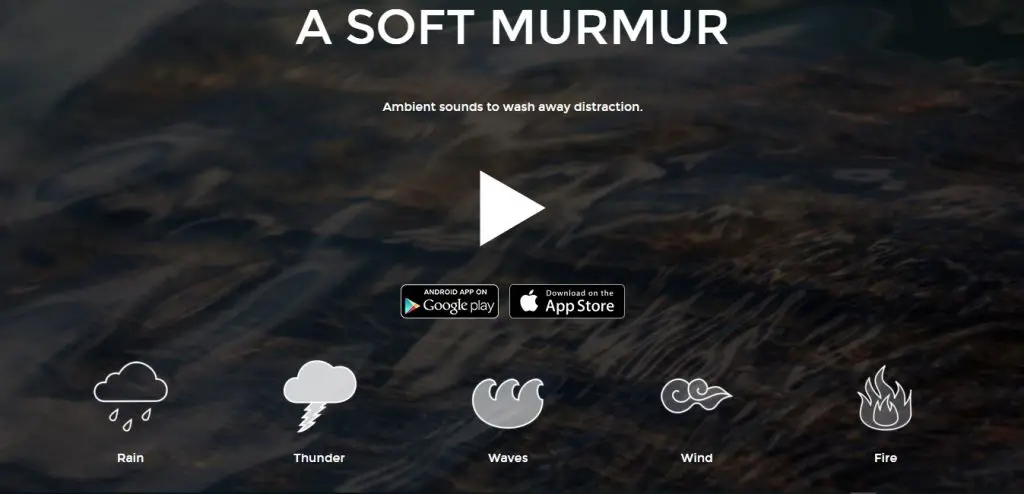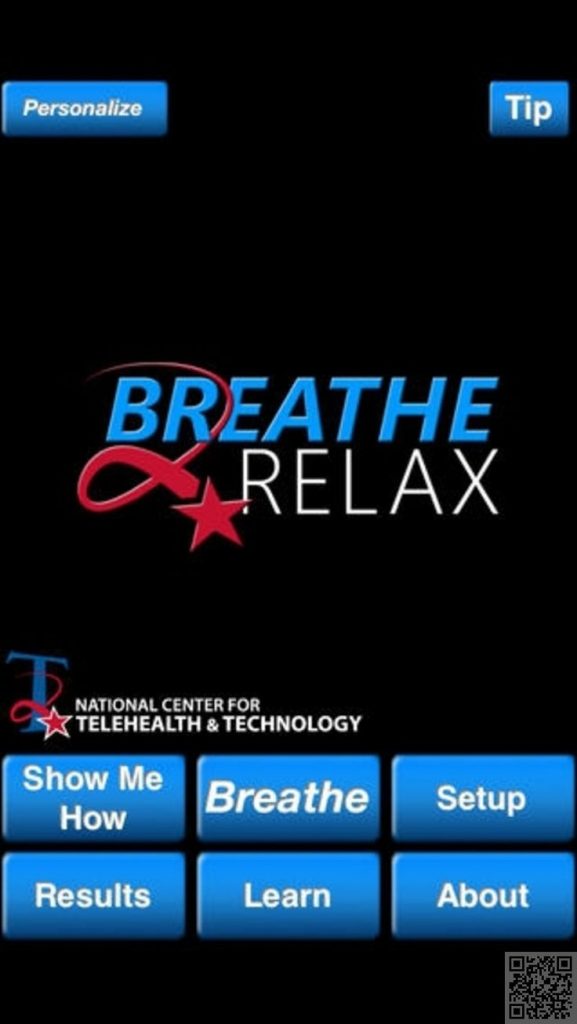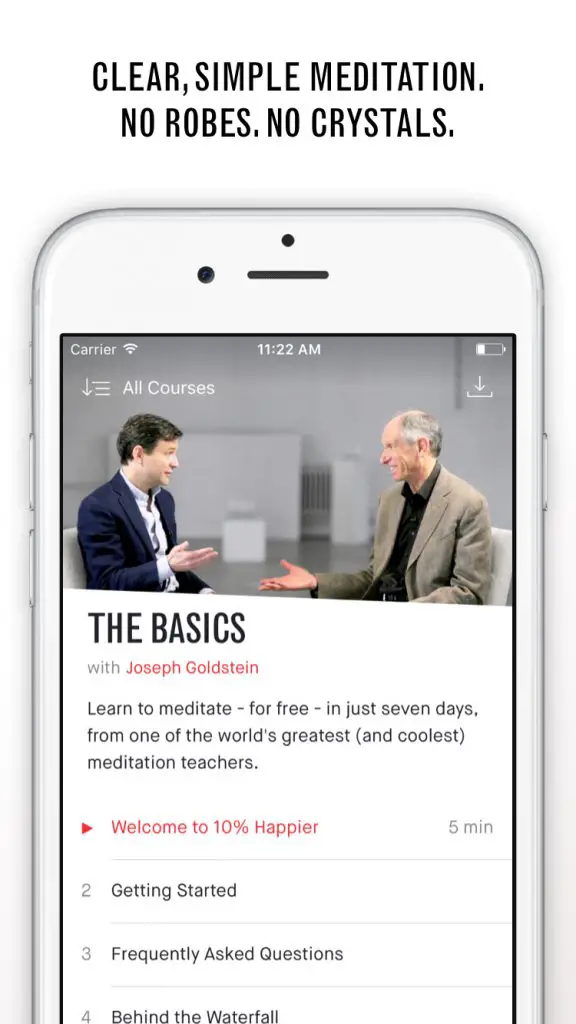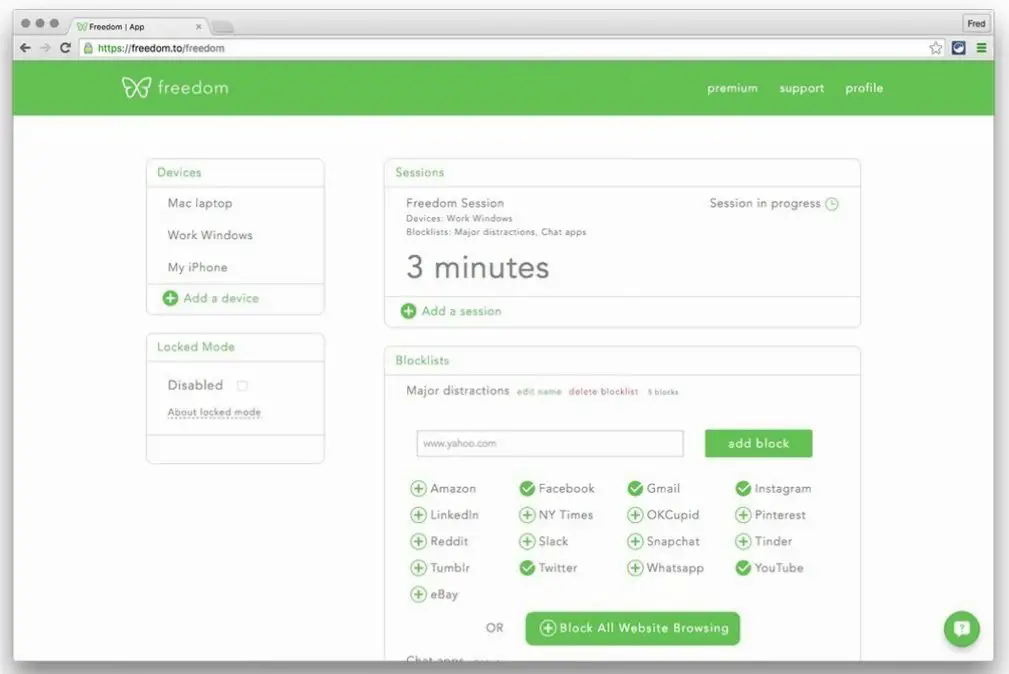Every now and then, I’ll come home after a long day and find myself buzzing with a kind of nervous energy. It’s hard to focus because my mind is in too many places at once.
Do I have time to finish that paper I have due tomorrow? Or study for that test on Thursday? Or reply to those emails? Do I have time to make food tonight? Am I going to be able to get more than five hours of sleep?
Try as I might, I just can’t seem to relax: my brain is in overdrive and I can’t shut it off. It turns out that a combination of busy days, incessant deadlines and an anxiety disorder can have that effect on a person. Who knew?
I’m not alone in feeling like this, though; college students are stressed a lot of the time. College means tests, papers, projects, work, volunteering and extracurriculars, so there’s a lot weighing on students’ minds. According to the Anxiety and Depression Association of America in a 2015 assessment, 30 percent of college students reported experiencing stress to the point where it affected their academic performance and 85 percent reported feeling overwhelmed by all of their responsibilities at some point within the past year.
As smartphone technology and social media have become more a part of daily life, many have wondered about how being constantly plugged-in can affect people mentally. Technology is often seen as a stressor — studies have found that the heavy use of cell phones leads to more sleep problems and an increase in depressive symptoms and frequent computer use, in general, can increase stress.
Clearly, technology can be a problem, but it can also offer solutions. Thankfully, there are countless apps and websites that help you relax instead of adding to your stress. When I’m faced with paralyzing indecision about my future, too stressed about an upcoming exam to sleep or both of those things at once, I’ve found the following free apps and web tools to be calming.
1. A Soft Murmur
A Soft Murmur is a website and an app that allows users to create their own mix of ambient noises. It features 10 different kinds of noise that can be adjusted by volume, letting users combine different sounds at different volume levels to create the perfect, individualized ambient track; my personal favorites include the crackling of a fire, soft waves rolling along a beach and a quiet whisper of a breeze.

Using ambient noise to unwind has some scientific basis, too. Research suggests that white noise may help people fall asleep and stay asleep. I’ve also found it can help to have some ambient sound to drown out distracting background noise when I’m writing, which shows the versatility of A Soft Murmur — it’s a useful study and relaxation tool all in one.
2. Breathe2Relax
“Just take a few deep breaths” seems like advice that is too simple to work, and yet it almost always does. Abdominal breathing activates the body’s relaxation response, which in turn helps reduce stress.
This kind of breathing can be trickier than it seems though. Most people only take shallow breaths, so sustaining deep breaths for a long enough time to activate the relaxation response can be difficult. But fear not: guided breathing apps like Breathe2Relax can help.

Breathe2Relax is an app that features guided breathing exercises with relaxing ambient music in the background. Everything about Breathe2Relax is designed to relax the user. The app primarily uses darker colors as well as blues and greens, making it a far cry from the glaring white usually encountered on computer screens.
Additionally, the app can be personalized as it allows users to change the length of each inhale and exhale, the number of breaths per session, the ambient music and even the scenery in the background of the app. This individualized experience along with its easy-to-use interface makes Breathe2Relax one of the best apps to help you relax.
3. 10% Happier
Everyone has that one person in their life who will not shut up about how great meditation is, and because I’m equal parts cynical and petty, this onslaught of pro-meditation propaganda made me avoid trying it for the longest time.

Journalist Dan Harris created the 10% Happier project exactly for people like me and himself. Finding existing meditation guides are somewhat impractical for people like himself who are skeptical of practicing, so Harris enlisted the help of experts. The result was a compilation of the most useful, scientifically supported techniques in Harris’s book “Meditation for Fidgety Skeptics” and through the 10% Happier app.
The app guides users through the meditation process in seven free video lessons, after which the user can choose to subscribe to get more videos for a monthly fee. The 10% Happier project does a wonderful job of explaining exactly why meditation techniques work, which is something that’s missing in a lot of other meditation programs. This emphasis on educating users, rather than working on faith alone, makes 10% Happier, as well as the mindfulness app Yours App, a useful tool to help you relax, especially for people who have some reservations about meditation.
4. Tinycarebot
Created by the incomparable Jonny Sun, a paragon of Weird Twitter, Tinycarebot is a bot that tweets out reminders to its followers to make time for self-care. Twitter can be a stressful place, what with all the Hot Takes and the neo-Nazis who are mind-bogglingly still there despite Twitter’s continued pledges to curb abuse on their platform.

Seeing little reminders every now and then in my Twitter feed to “take a bit of time to look away from your screen please” and “eat something nutritious please” helps me take a break, turn away for a minute and take time for myself, which is something I often forget to do. The bot will even respond if it’s tweeted at, so when anyone is in need of a personal pick-me-up, Tinycarebot is there.
5. Freedom
Being online all the time is exhausting. Everyone is constantly being bombarded with information from every corner of the world, which is the miracle of technology but it can also get exhausting.
Enter Freedom, a website and app-blocking app. Much like A Soft Murmur, Freedom is an app that can be used to increase productivity by eliminating distraction, but it’s also useful as a relaxation tool because it gives you a chance to unplug.

Freedom lets you choose which apps and websites you want to block for a set period of time, making it ideal for all those times when being on social media gets to be too overwhelming. The app gives users seven free block sessions, after which they have to pay a fee.
Similar desktop apps that are completely free to use are SelfControl (for Macs) and ColdTurkey (for Windows), but unlike Freedom, neither work for mobile devices. Freedom is a great relaxation app because it gives control back to people who find technology a constant, stressful distraction by ultimately just letting them unplug for a little while.

















